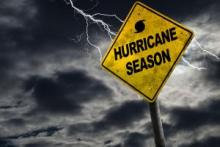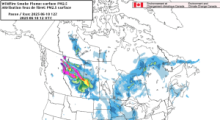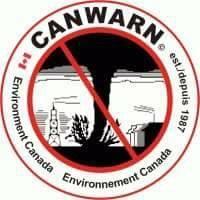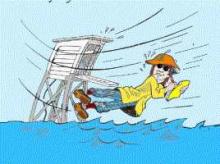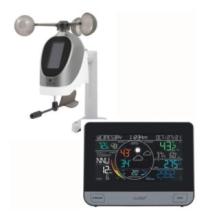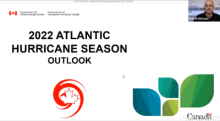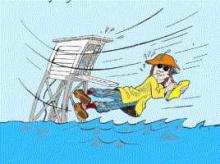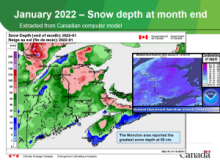When hurricanes or tropical storms threaten, the Hurricane Watch Net activates on 14.325 MHz and 7.268 MHz, and will use either or both of these frequencies as propagation allows.
If conditions require, a CANWARN Net may be activated on all or part of the IRG system. Be sure to listen to and follow the instructions of the net control station in giving any reports - report only what is asked --and remember the important ABC's: Accuracy, Brevity & Clarity.

